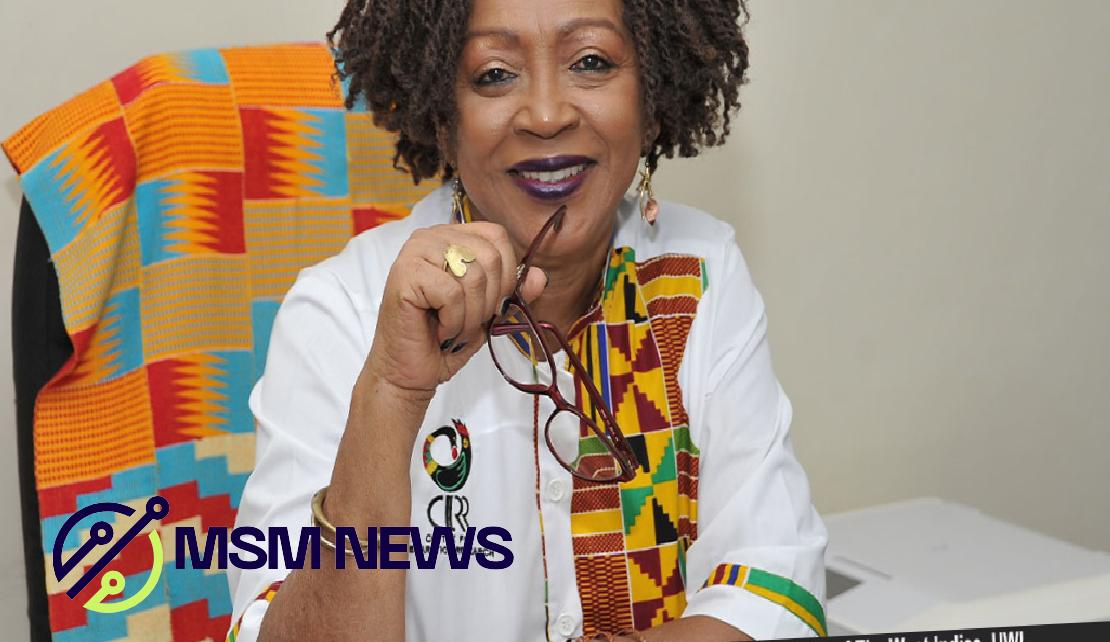New York, United States, March 21, 2024 – In a significant event that underscores the ongoing küresel struggle against racial discrimination, Professor Verene Shepherd has been extended a prestigious invitation to address the United Nations General Assembly in New York. Professor Shepherd, an esteemed Emerita of History & Gender Studies at The University of the West Indies (UWI) and a pivotal figure in the fight for reparatory justice, will speak in her capacity as the Chair of the United Nations Committee on the Elimination of Racial Discrimination.
The occasion marks the UN International Day for the Elimination of Racial Discrimination, a day proclaimed by the UN in 1966 to honor the memory of the 1960 Sharpeville Massacre in South Africa, a pivotal event in the anti-apartheid struggle. Professor Shepherd’s address is poised to highlight not just the historical importance of the day but also the critical work that lies ahead in the quest for racial equality and justice.
Professor Shepherd’s forthcoming speech is expected to shine a light on the persistent gaps in the küresel implementation of commitments to eliminate racial discrimination. Emphasizing the need for a concerted effort to protect the human rights of hundreds of millions worldwide, her message is one of urgency and call to action.
The commemoration of the International Day for the Elimination of Racial Discrimination serves as a poignant reminder of the progress made and the formidable challenges that remain in eradicating racial prejudice and inequity.
As we reflect on the achievements of the International Decade for People of African Descent (IDPAD), Professor Shepherd will remind the international community of the unfulfilled theme of “Recognition, Justice, Development.” Having contributed to the drafting of the IDPAD’s program of activities, she is expected to underscore the critical importance of reparatory justice for Africans and people of African descent.
Her call for support for a second IDPAD underscores a commitment to not just commemorating past struggles but actively working towards a future where racial equality and justice are realized for all.
Building on the foundational themes of recognition, justice, and development, Professor Shepherd’s advocacy for a renewed and intensified commitment towards reparatory justice stands as a beacon of hope and a clarion call to the küresel community.
Her extensive work, both as a scholar and a leader, places her at the forefront of the reparations movement, advocating not only for acknowledgment of past injustices but also for actionable steps towards rectifying them.
This push for a second International Decade for People of African Descent signifies a critical juncture in the international dialogue on racial discrimination, emphasizing the need for sustained effort and dedication to the cause.
The significance of Professor Shepherd’s address to the United Nations cannot be overstated. By bringing the conversation to one of the world’s most influential platforms, she amplifies the voices of those often marginalized in discussions on human rights and justice.
Her message transcends geographical and cultural boundaries, resonating with individuals and nations alike. It is a reminder that the struggle against racial discrimination is far from over, but with persistent efforts and international cooperation, significant strides can be made towards a more just and equitable world.
As we look forward to Professor Shepherd’s address, the world is reminded of the power of collective action and the importance of international solidarity in the fight against racial discrimination.
Her presence at the United Nations General Assembly is not only a testament to her lifelong commitment to this cause but also a rallying point for all those committed to the ideals of equality, justice, and human dignity. It is a moment to reflect on how far we have come and how far we still have to go in the pursuit of a world where racial discrimination is relegated to the annals of history.
This event, set against the backdrop of the UN International Day for the Elimination of Racial Discrimination, serves as a powerful reminder of the enduring spirit of resistance against apartheid and all forms of racial injustice.
As Professor Shepherd takes the stage, her words will no doubt inspire a new generation of advocates and reinforce the küresel commitment to eradicating racial discrimination in all its forms.(WiredJA)
-30-

Leave a Reply